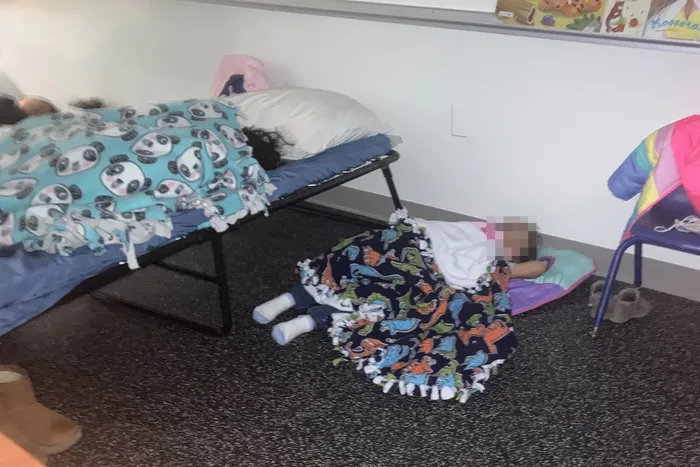Foster Care Providers See Liability Insurance Rates Increase
PCCYFS President/CEO Terry Clark quoted

by Jessica Babb, December 21, 2023/CBS21
When it comes to rising insurance rates, child welfare providers have been feeling the pinch. Many foster care providers have said they are struggling due to increased premiums for liability insurance.
“Some providers are being told if you grow foster care or if you even start foster care as a new service, we will drop you from insurance,” said Terry Clark, the President of The Pennsylvania Council of Children, Youth and Family Services. “We were finding that policies were doubling or quadrupling even if they did not have a claim that was made against them.”
“We started hearing providers saying their policies would go from $600,000 to $1.9 million,” he added.
In some cases, he said it has forced some providers to rethink the services they provide.
“We had Jewish services out of Philly a few years back who decided to get out of the business of foster care,” Clark said. “They couldn’t afford the insurance premiums and had to figure out what to do with hundreds of foster children and families as they closed their doors.”
According to testimony provided to Pennsylvania lawmakers last year, related to HB 2214, which has now been signed into law, many providers spoke about the issue.
In that testimony, David Fair, with Turning Points for Children said many insurers had reduced or eliminated coverage for child welfare agencies. He continued to say when insurance could be obtained “the costs of such coverage have become insurmountable.”
Other organizations also reiterated that in testimony. Every Child Inc said, “the escalating cost, and reduced coverage, is not sustainable.”
“You have more lawsuits being filed, more people filing claims against something happening to them or their kids while they are in the system,” Clark said. “Naturally that drives up what people are going to pay for insurance.”
The Pennsylvania Insurance Department and Department of Human Services conducted a survey of foster care providers. While the data they received is limited with only a small fraction of providers responding to the survey, a report sent to CBS 21 does say, “overall, over half of the respondents have reported issues with availability and affordability of liability insurance.”
The Pennsylvania Insurance Department did not provide a response, and a spokesperson from DHS said in a statement, “We’re in the same position as PID that we too want to understand more about the scope of the problem at hand, but at this time, there’s not much more we can say given the low response rate to the survey. Happy to stay in touch about this as the work progresses but we are not in the position to discuss further that this time.”
“What we believe is happening is providers are serving children with more complex issues, they are coming in with significant behavioral problems,” Clark said.
Additionally, many counties require certain levels of coverage and have shifted liability and payouts to providers, something HB 2214, which has now been signed into law, is attempting to fix. Clark said while it is a promising step for providers, it is too soon to tell how well it is working.



